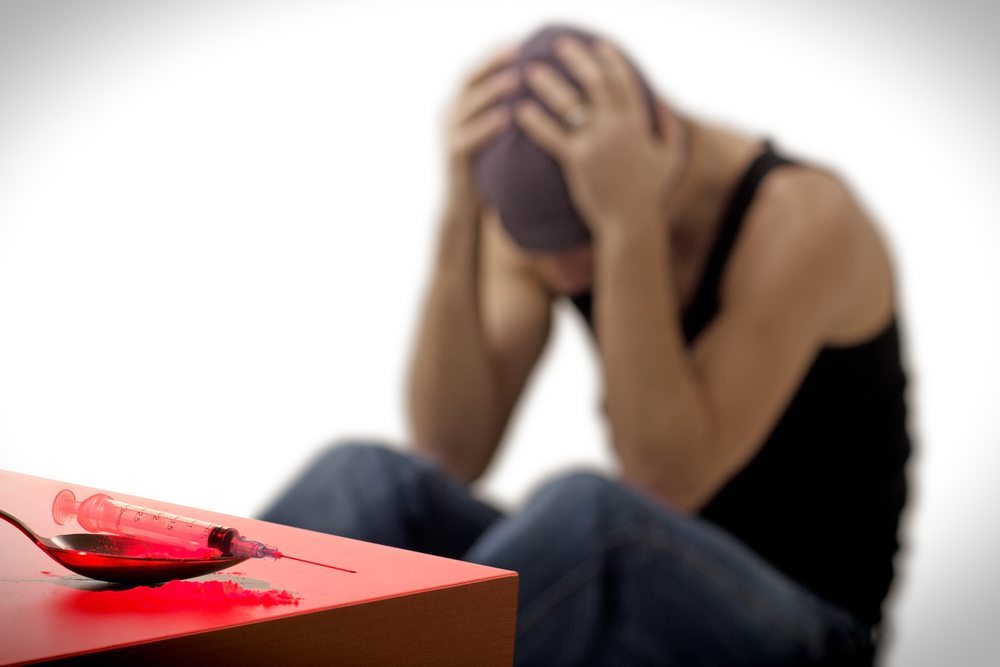The objective of this article is to help readers identify the possible danger areas which may trigger relapses when recovering from substance abuse. It is hoped that by being able to better predict problem situations, such situations can be better managed.
 Summary: There are three primary relapse triggers that can occur in the recovery of substance abuse. There are other triggers that are more personal to each individual. Identifying triggers and learning to live as much as possible to avoid them is an important aspect to recovery.
Summary: There are three primary relapse triggers that can occur in the recovery of substance abuse. There are other triggers that are more personal to each individual. Identifying triggers and learning to live as much as possible to avoid them is an important aspect to recovery.
The three most common triggers for relapse in the treatment of substance abuse can be classified in terms of unpleasant emotions, interpersonal conflicts, and social pressure. These triggers account for almost three-quarters of the relapses reported by individuals addicted to alcohol, nicotine, and heroin. Much research on relapse triggers is conducted by assessing individuals after they experience a relapse episode and waiting to see if another relapse occurs when the same individuals are exposed to the same triggers.
There are other relapse triggers which exist uniquely within each individual. These may be related to a person's mood or coping style. It is impossible to identify all possible triggers. However, part of any good substance abuse treatment is understanding the life style of each person in treatment so that the individual triggers as well as the generalized ones can be identified.
Anger and frustration constitute one general trigger. It has been found that heavy drinkers who are angry drink significantly more alcohol than social drinkers who are not angry. Also, those people who can express anger prior to drinking, drink less than those who were angry and did not express the anger. In effect, the alcohol becomes a coping mechanism for dealing with anger in some people.
Frustration is closely linked to anger. People often feel frustrated when they are unable to complete a goal or activity. Frustration can be directed towards self or toward others. In any case, frustration, like anger, left unexplained or dealt with, can become a trigger for drinking excessively.
Stress is also a trigger. It is a well-known caution in rehabilitation to warn individuals to avoid getting too tired, too hungry, or too burdened by tasks. Especially in the first year of rehabilitation, such circumstances can lead to relapse.
Positive emotional states can lead to relapse in the sense that people often use substances to celebrate various events like birthdays and Christmas. The substance is used to enhance the positive feelings that go with celebrations.
Overconfidence plays a role in relapse as well. There is a difference between feeling confident which is the realistic assessment of a person's ability to reach a goal and overconfidence which is more related to a person's unrealistic beliefs about his or her abilities. Overconfidence is a trigger to relapse when the individual unrealistically assesses his or her abilities to refuse alcohol or drugs without having the basic skills to do so.
Overconfidence also gets in the way of recovery when individuals do not understand the difficulties of maintaining long-term changes in their ways of thinking and acting.
Interestingly, research has found that confidence scores obtained at the end of treatment in which new skills were learned and practiced, are a much better indicator of recovery than high ratings of confidence measured at the beginning of treatment when the individuals involved had poor relapse prevention skills.
It is hoped that by reading this article, those to whom it applies will take careful inventory of their individual relapse triggers and formulate a plan -preferably a written plan, for dealing with them.
